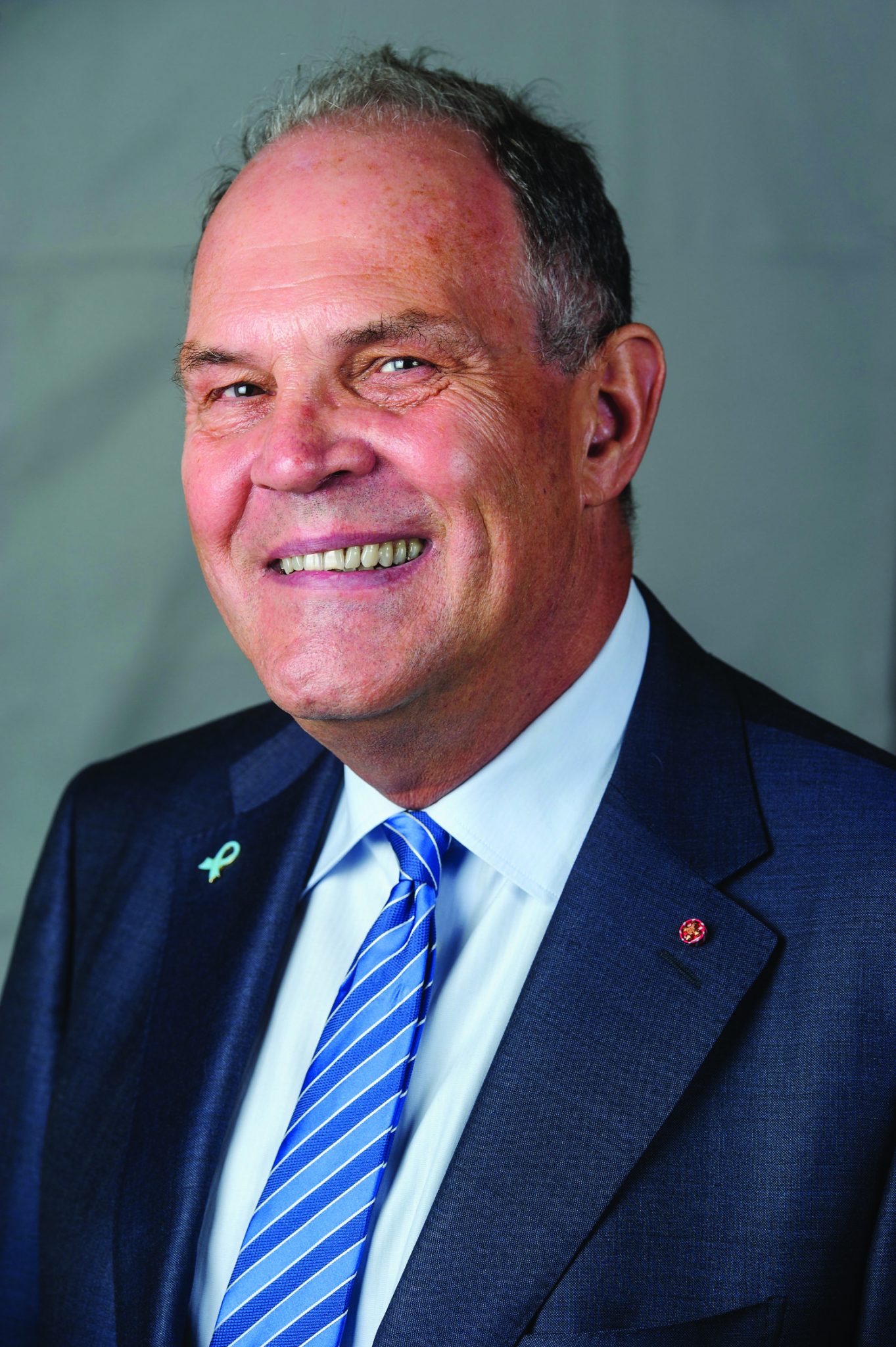Managing oral disease and controlling caries
NewsPosted by: Dental Design 9th September 2021

As the pandemic continues to present challenges with chairside dentistry, helping patients to keep good oral health at home becomes an increasingly influential aspect of the dental teams’ work
At a time when dental access is reduced, it is essential that the population’s oral health status does not deteriorate. The fundamental risk here is a growing backlog of patients with advancing levels of disease. A fear that when they are eventually able to return to practice, that treatment will be more invasive and costly. Primarily, our concern here centres around dental caries.
We all understand how common caries is. Around eight in ten UK adults have one or more teeth with decay, are filled or have been pulled out due to dental decay. It is also extremely common in children, with more than one‐in‐five showing signs of tooth decay.
Stopping new caries lesions from appearing and preventing existing lesions from advancing further, are two strategies in the fight against caries that dental professionals can influence, despite reduced dental attendances.
Improving the oral health routine and diet
Every patient should be educated in when and how to care for their teeth and gums. New research we have undertaken alongside Colgate‐Palmolive shows almost one‐in‐five (19%) adults fail to brush their teeth at least twice a day. Daily mouthwash use and interdental cleaning is also extremely irregular.
The dental team are in the perfect position to help patients understand what is involved in an effective daily routine. This includes oral hygiene practices such as toothbrushing with a 1450ppm fluoride toothpaste last thing at night and at one other day during the day. Patients should also be encouraged to clean in between their teeth interdentally once a day.
For those patients at higher risk of caries, a fluoride mouthwash may be advised. Patients should be urged to use mouthwash once a day, at any time in between brushes.
Patient groups at high risk of caries, or with previous history of caries should also be advised to reduce the amount and frequency of sugar (carbohydrate) consumption. This includes limiting sugar consumption to mealtimes and being discouraged from unhealthy snacking.
Another behaviour habit that can help patients at increased risk of caries include chewing sugar free gum with xylitol. This can help promote saliva flow.
High fluoride toothpaste
As many as 80% of the population are at higher risk of caries. Despite this, our data shows that as few as 7% of adults are currently being prescribed a high fluoride toothpaste.
Prescription high fluoride toothpaste is a simple, evidenced‐based means for helping prevent dental caries in adolescents and adults. It is particularly advised for patients at risk from multiple caries (coronal and/or root caries).
High fluoride toothpaste is an evidenced‐based method of early intervention. It is a proactive solution for those patients at multiple caries risk that have had interrupted care due to lockdown, to help avoid caries deterioration.
Public Health England’s ‘Delivering Better Oral Health’ advises prescription high fluoride toothpaste at 5000ppm for patients over 16 years old at high risk of caries, either at present or in the future.
Taking advantage of digital technology
Significant improvements in health outcomes for patients can be done with education in the home.
During lockdown, over half (55%) of adults feel like they have neglected their oral health while more than one‐in‐three (36%) experienced signs of caries during this time.
Driving relationships with patients outside of the dental practice setting is essential. For most, this means carrying out virtual appointments. Remote consultations are vital for sharing information while allowing you gain a good grasp of the patient’s current oral health status.
Additionally, and under the correct circumstances, they may also be used to issue prescriptions. This can save you time from seeing the patient face‐to‐face while helping you to prevent and control a patient’s caries while outside of the practice setting.
Our research shows that most patients are in favour of remote appointments while a majority also want more oral health support from their dental team in between appointments. Advise by email is the most sought‐after option. However, social media was another requested alternative.
The future of dentistry
While nothing can replace face‐to‐face contact, dentistry must be quick to adapt to a new form of patient contact. Providing patients with advice, support and prescriptions at home, is an effective and time‐saving approach that can slow down the progression of oral disease, or even prevent it from occurring.
Prevention will be a key focus of the incoming new dental contract, but we cannot afford to wait for this. These changes must happen now.
Leaving patients to self‐care without the right support could leave them in a wilderness that promotes undiagnosed and untreated disease, which might see caries rates rocket. With patients being increasingly adaptive to remote contact, it is important that dentistry is confident and adaptable to establishing these home‐based relationships.
About the author
Dr Nigel Carter OBE is the Chief Executive of the Oral Health Foundation.










